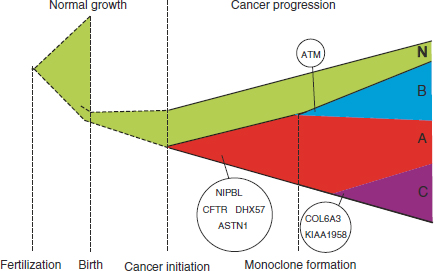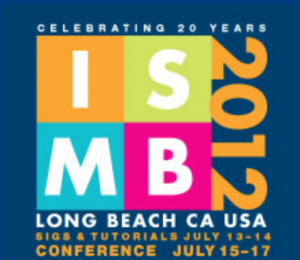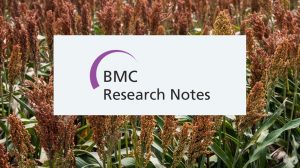
As we enter a new month, we have to announce some personnel changes to GigaScience , as we welcome Nicole Nogoy to the team as a Commissioning Editor from her base in New Zealand. It is with sadness we also have to say goodbye to our Assistant Editor Alexandra Basford, who has just left us to take up new challenges in Japan.




